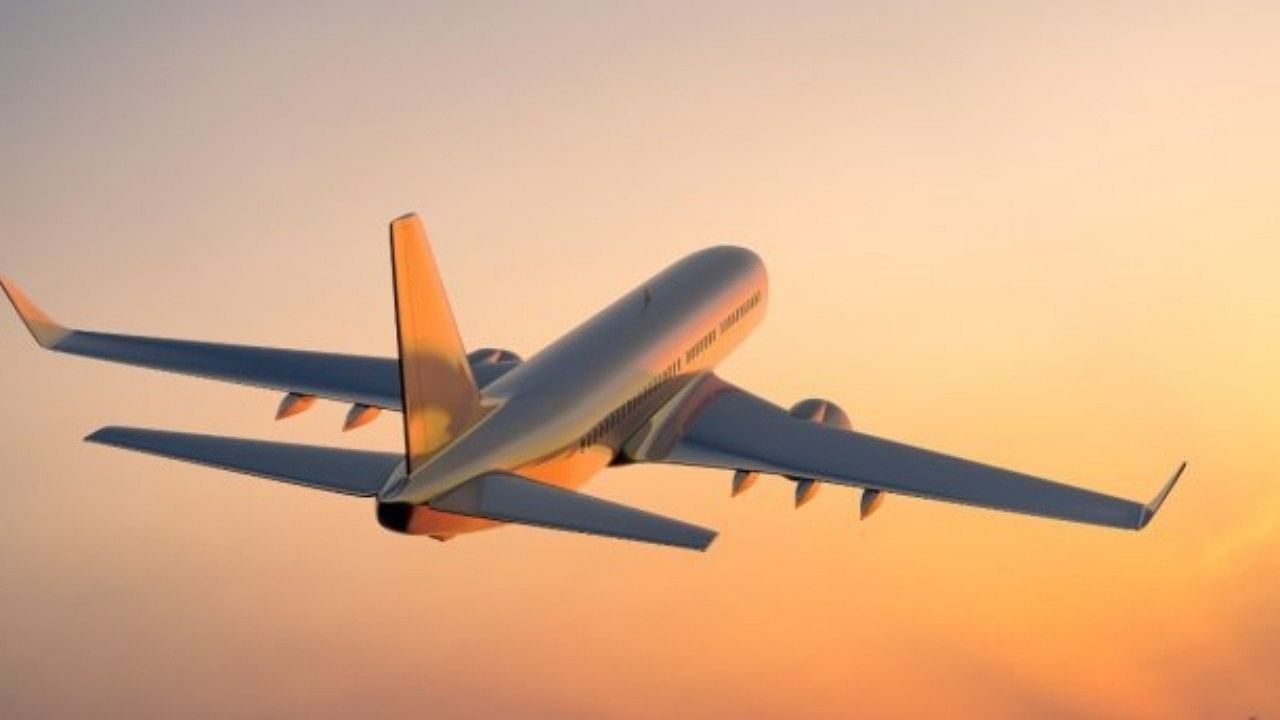
Representative image.
Credit: iStock Photo
As many as 338 cases of technical snags have been reported in aircraft of various airlines up to July this year with the maximum number of such cases (206) occurring in aircraft of no-frills carrier IndiGo, according to the data presented in Parliament on Monday.
IndiGo was followed by Tata Group-owned Air India with 49 cases of technical snags reported in its fleet of Boeing and Airbus planes, data revealed.
The number of cases of technical snags in the aircraft of SpiceJet and Vistara was 21 and 10, respectively, till July this year.
Akasa Air, which commenced operations on August 7 last year, also saw 18 cases of technical snags in its aircraft while grounded airline Go First fleet experienced 22 technical snags.
Go First has not flown since May 3 owing to an ongoing bankruptcy plea. AirAsia India saw its aircraft facing eight cases of technical snags up to July this year. According to data, the number of cases of technical snags in various airlines stood at 544 in 2021 while for 2022, the number of cases of technical snags was 546.
"Technical snags in an aircraft may be caused due to malfunctioning of components/equipment fitted on the aircraft and require rectification action by the airlines before the aircraft is released for operation," Minister of State for Civil Aviation V K Singh said in a written response to a query from Rajya Sabha Member of Parliament, Indu Bala Goswami.
"Further, regulations require the operator to report all occurrences to the Directorate General of Civil Aviation (DGCA). These occurrences may be a result of equipment malfunction, due to weather etc," the minister said.
"Some of the occurrences such as air turn back, aborted take-off or a go-around are actions taken by the pilot keeping safety of operations in view and are usually taken to avert serious incident/accident," he said.
The minister also said that as per regulatory provisions, operators report all occurrences experienced during the operation of aircraft to DGCA.
“The responsibility of taking action on technical malfunctions lies with the operator. DGCA has a system of conducting regular surveillance including spot checks and night surveillance to ensure that the operators/ organisations continue to meet the regulatory provisions,” he said.
In case there is an increase in occurrence indicating a likelihood of non-adherence to procedures, DGCA may initiate special drive of audits, the Minister said.